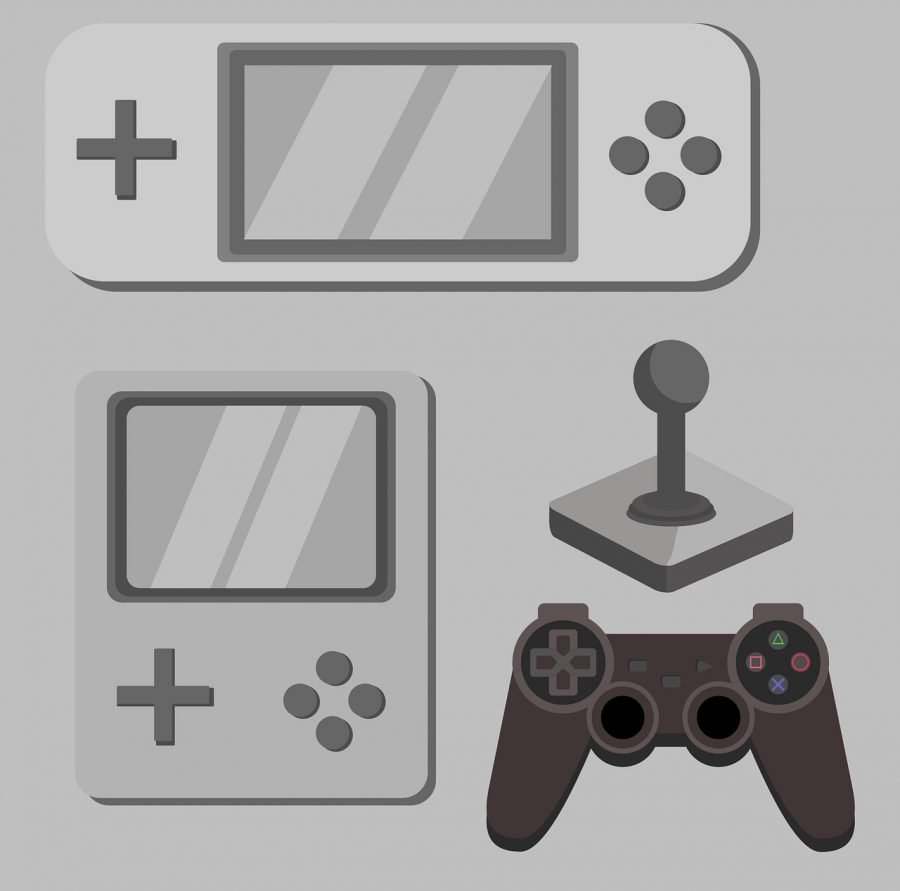Where are console manufacturers going with all-digital gaming platforms?
It has been just over a year since the next generation of gaming consoles, the Xbox Series X|S and the PlayStation 5, were released, and while their massive leaps in performance compared to the current generation have been and are still their main draw, one specific feature (or more accurately lack of one specific feature) has caught the attention, both positive and negative, of many buyers.
While the Xbox Series X and base PlayStation 5 both include a physical disc drive (like previous generations) the Xbox Series S and PlayStation 5 Digital Edition, as the name implies, both forgo these drives. This was a choice on Microsoft and Sony’s part to further push the gaming market in a more digital direction. They both are still selling physical discs yet are simultaneously praising the benefits of a discless interface.
But why? Why would the gaming industry as a whole want to make a push for this? Well, there are some key benefits to an all-digital platform, with some more obvious than others. First, there’s the price of the consoles themselves. The standard PS5 as an MSRP of $500, with the PS5 Digital Edition, with only the disc drive removed, costs $400. A 20% decrease in price is quite the impressive amount of savings when all you’re losing is the ability to play Blu-rays or physical games.
With the inability to play physical games comes its second benefit, and this is the reduction in space being taken up by cases for your discs. While there are plenty of games with beautiful box arts that look wonderful being displayed on a shelf, with digital games, there’s more room for people who would rather use the space for something else. This also goes with the third benefit, and that is the ease to switch between games if they are downloaded straight to your console and don’t require a disc to run.
However, there is still hope for the naysayers. While digital games do provide a great deal of benefits to gamers, it is a fairly recent plan on the console manufacturers’ parts to fully shift their focus to digital. This means that for the past decade and a half or so, Microsoft and Sony pumped out game discs for consumers to buy, and it’s not just like those discs will magically disappear at the wave of a hand. Many people, including myself, still have a ton of physical games that were gifts for birthdays or for the holidays since physically wrapped items make better gifts than a receipt for a digital game.
Even knowing this, companies like Microsoft also aren’t doing any favors for these consumers with multiple physical discs. When one buys a digital game on Xbox, that game is then connected to their Microsoft account. This is how people are able to buy a new console and play the games they bought previously. Only, when discs are inserted, they don’t automatically associate themselves with one’s account. The key to playing those games is having the disc, so if you upgrade from an Xbox One to an Xbox Series S, the console without a disc drive, then one would need to pay for all their games again off of the Microsoft Store.
A shift from physical to digital gaming has had an effect on a multitude of console gamers, but just that’s the thing; it’s had an effect on console gamers. There has always been a digital market for those who have taking there gaming aspirations elsewhere. Yes, mobile gamers exist, and all their games come from the App Store or Google Play Store, but a much more popular destination with an extremely limited number of physical games is PC.
In 2018, roughly 83% of all games sold on PC were digital. Compare this to the just over 50% of games selling digitally of consoles in 2020. For a mostly all-digital platform, a computer is quite the popular place to game at the moment, with roughly half of all gaming taking place on PC. So, it’s not like the PC currently faces any hinderances being an almost fully digital platform.
So, where does this leave consoles? It’s nearly a certainty at this point that physical games will slowly be phased out, with a digital interface becoming the main choice. With enough time, many of the downsides to digital gaming will disappear, leaving this debate exclusively up to personal preference.
Your donation will support the student journalists of Omaha Central High School. Your contribution will allow us to purchase equipment and cover our annual website hosting costs.

Hello there! I'm a sophomore, and this is my second year on staff. I am also an avid Letterboxd user.













